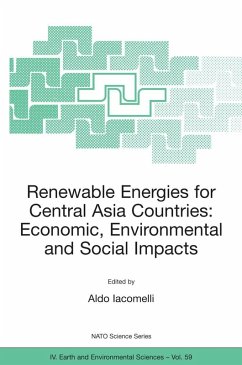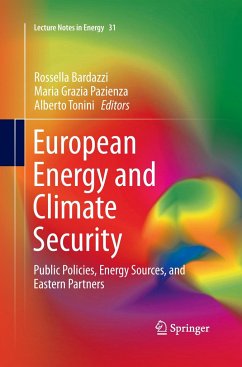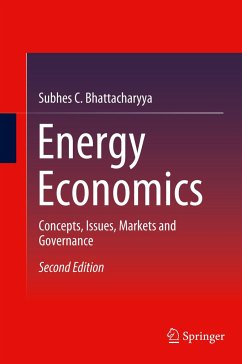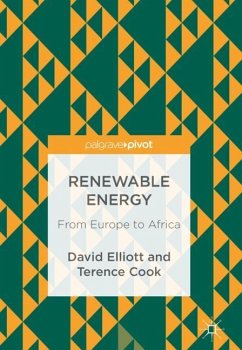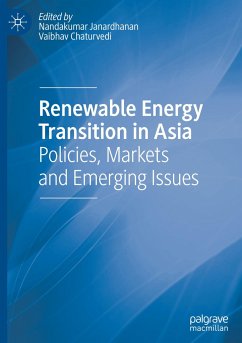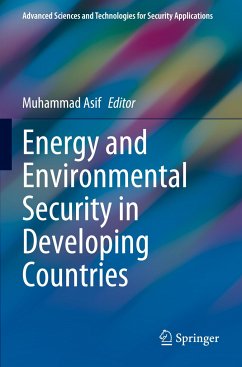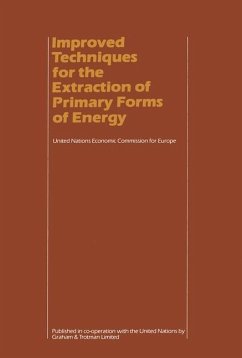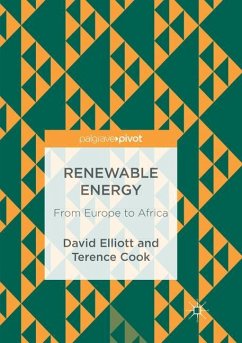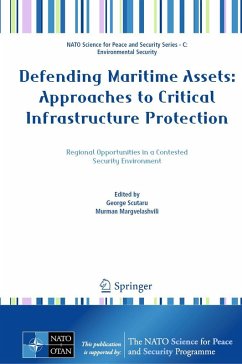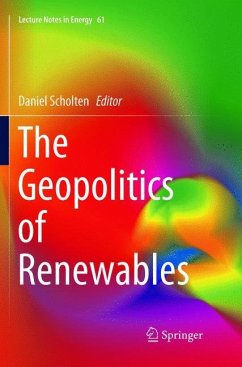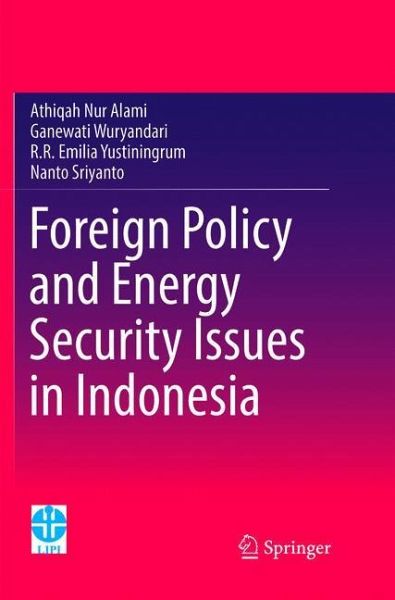
Foreign Policy and Energy Security Issues in Indonesia
Versandkostenfrei!
Versandfertig in 6-10 Tagen
83,99 €
inkl. MwSt.
Weitere Ausgaben:

PAYBACK Punkte
42 °P sammeln!
This book examines energy security as one of nontraditional issues that are strategic for Indonesia's foreign policy. It argues that energy has not been considered as a strategic commodity in the foreign policy to support the effectiveness of Indonesia's diplomacy at the regional and international levels. International and outward looking perspectives have not been much visible both in the policy and political realities. Since foreign policy is a reflection of domestic politics under the influence of international developments, this study focuses its analysis on the domestic and international ...
This book examines energy security as one of nontraditional issues that are strategic for Indonesia's foreign policy. It argues that energy has not been considered as a strategic commodity in the foreign policy to support the effectiveness of Indonesia's diplomacy at the regional and international levels. International and outward looking perspectives have not been much visible both in the policy and political realities. Since foreign policy is a reflection of domestic politics under the influence of international developments, this study focuses its analysis on the domestic and international aspects of the energy security issues.





